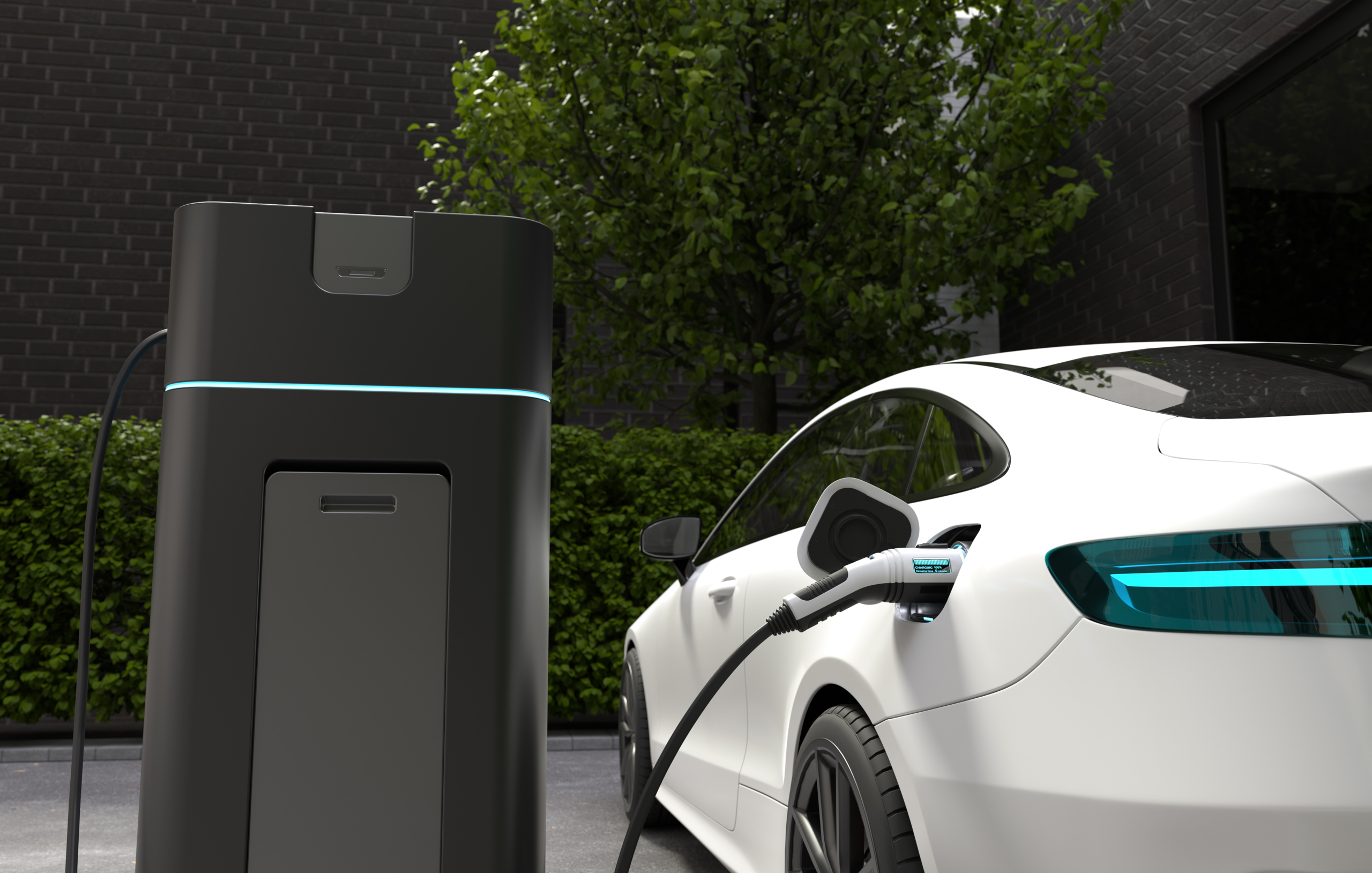
Local vs Cloud Control: Which Works Best for Smart EV Charging? Exploring the Optimal Solutions
- numocity
- January 4, 2024
As the wheels of the electric vehicle (EV) revolution turn, the effective management of EV chargers stands as a crucial factor for businesses, whether they host a modest number of chargers or command a sprawling fleet. Smart EV charging systems have emerged as the linchpin, providing the means to dictate when and how EVs receive power, thereby optimizing costs and elevating charging reliability. Amidst the sea of choices, the decision between local control and cloud-based control emerges as the compass guiding businesses in this electrifying journey.
Local Control of EV Chargers: The Traditional Trail
Local control, a seasoned trail in the world of EV charging, involves the utilization of on-site programmable hardware controllers or switches. These connectors tether to a specific number of EV chargers and the facility’s electric meter. However, even in its seasoned stature, local control isn’t devoid of challenges.
Navigating the Limitations:
Networking Issues: Local controllers tread the terrain of wired local network connections, introducing complexities during installation and escalating the peril of charger downtime due to network-related glitches.
Lack of Real-time Insights: The local control realm offers limited data, akin to navigating with a dimmed headlight. This lack of real-time insights constrains operators, often necessitating the physical presence of field technicians for issue resolution.
Poor Driver Experience: Operational hitches or energy constraints may cast shadows over the EV driver experience, potentially inducing the ominous specter of range anxiety.
Technology Upgrades: In the realm of hardware-based solutions, the road to upgrades becomes an arduous journey when confronted with the swift evolution of EV and charging station technology.
Cloud-Based Smart EV Charging: Charting the Skies
In contrast, cloud-based smart charging emerges as a beacon of innovation, allowing businesses to remotely steer EV charging stations through dedicated EV charging management software. This approach not only circumvents the limitations of local control but opens doors to a realm of advantages.
Sailing with advantages:
Unlimited Scalability: Cloud-based solutions effortlessly scale to meet the needs of business growth, fleet expansion, and the influx of new drivers and charging sites. This flexibility is akin to a highway with no speed limit, invaluable in an industry evolving at breakneck speed.
Future-Proof Technology: The burden of maintaining and upgrading the platform falls on the shoulders of solution providers, ensuring compatibility with industry protocols, standards, and emerging technologies such as vehicle-to-grid (V2G) and bidirectional charging.
Insights and Optimization: Cloud-based systems cast a wide net, capturing extensive data encompassing charger performance, charging patterns, and energy consumption. Dashboards and analytics-driven reports illuminate the path, providing detailed insights for optimizing operations and enhancing driver satisfaction.
Excellent Driver Experience: The cloud-based sky is clear of operational clouds. Rapid issue detection and resolution minimize charger downtime, maximizing uptime and delivering a seamless charging experience for drivers.
Adaptability to Industry Changes: In an industry evolving at the speed of light, cloud-based EV smart charging management systems boast the agility to adapt to changing market needs. They address scalability and business flexibility challenges with the finesse of a well-choreographed dance.
Accessible Pricing Models: Software-as-a-Service usage-based pricing opens the gates wide, making cloud solutions accessible to EV charging installations of any size. It’s an inclusive pricing model that ensures affordability for businesses, whether they’re giants or newcomers in the field.
Charting the Course for the Future
In the rapid evolution of the EV industry, cloud-based management solutions unfurl their sails as the preferred choice for forward-thinking businesses. The scalability, adaptability, and enhanced features of cloud-based smart charging systems position them as the solution of choice, steering businesses toward success in the dynamic landscape of EV charging.
As businesses embark on this electrifying journey, choosing the right path between local control and cloud-based solutions becomes more than a decision; it’s a strategic move that shapes the future of their EV charging infrastructure. The road to success in the EV industry is paved with cloud-based innovations, and businesses daring to traverse it find themselves not just keeping pace but leading the charge in the era of electric mobility. The clouds beckon, and the road ahead is charged with possibilities. Are you ready to ride the lightning?


